
The next target for surveillance: the dark web
The surveillance activities of the NSA and GCHQ are well known, and many people hoping to slip under the radar have taken to the 'dark web'. Famous for sites such as Silk Road, as well as being home to illegal content such as child pornography, the dark web may not be a safe haven for much longer.
Joint Operations Cell (JOC) is a new venture in the UK which sees the National Crime Agency (NCA) and GCHQ joining forces. Described as a "genuinely innovative development", the operation aims to home in on online criminals, with a particular focus on crimes involving child exploitation.

US has three months to come up with an agreeable Safe Harbor 2.0 deal
Exactly a month after the Safe Harbor agreement was struck down by the EU Court of Justice, the EU has called for the US to make the next move in the creation of an alternative solution.
The Safe Harbor Agreement, which is now defunct, represented a legal framework within which US companies could extract data of EU citizens. It was ruled invalid for not providing sufficient legal safeguards.

What's the real cost of the UK's Investigatory Powers law?
The Home Office has issued an Impact Assessment, looking into the price of the proposed Investigatory Powers law, which would allow government agencies to intercept digital communications.
Secretary of State Theresa May’s department estimates a price of some £247m over a 10-year-period to cover the costs of the spy law, but according to The Register, which calls upon industry sources, little to no consultation has taken place so far. The true price of the bill can be significantly larger and can go up to £2 billion, with the bulk of finances going to telecom firms to cover the costs of storage.
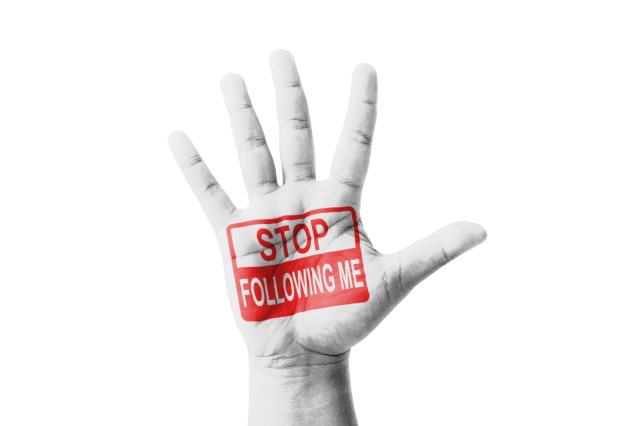
Privacy blow as FCC says websites can ignore Do Not Track requests
People are more concerned than ever before about online privacy, and this is the very reason Consumer Watchdog filed a petition to force websites to honor Do Not Track Requests. The Federal Communications Commission handed down a ruling which is not going to please privacy advocates.
In short, the FCC has said that websites should be under no obligation to take notice of Do Not Track requests. The commission dismissed Consumer Watchdog's petition that called for 'edge providers' -- such as Google, Facebook, YouTube, Pandora, Netflix, and LinkedIn -- to respect people's privacy if they enabled the Do Not Track option in their web browser.
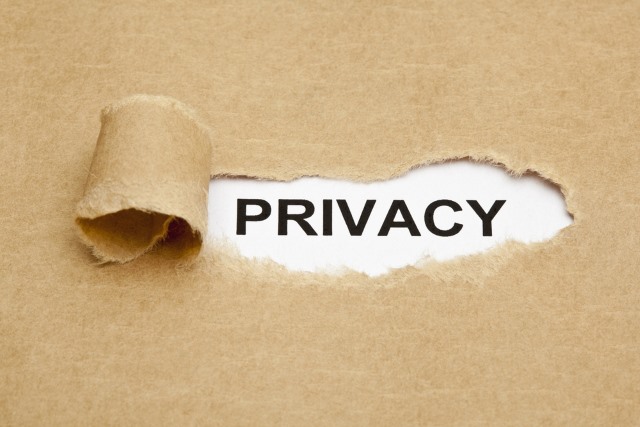
Major tech companies don't care much about your privacy
Sixteen of the biggest tech companies out there, eight internet firms and eight telecoms, were analyzed in terms of how much they allow their users to express themselves, and how much they protect their users’ privacy.
None passed the analysis with flying colors.
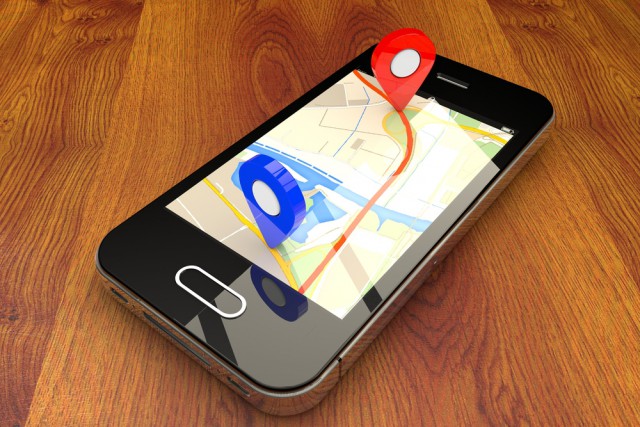
Location is key to app experiences but users are reluctant to share it
According to a new survey 83 percent of app users say location is crucial to their app experiences, but nearly 40 percent are hesitant to share their location.
These are part of the findings of a study by Skyhook Wireless which looks at the extent to which people turn location services on or off for their apps and tries to understand why many smartphone users choose not to take advantage of the benefits sharing location can bring.

UK government started online mass surveillance after 9/11 -- but few politicians knew
On Wednesday, the Investigatory Powers Bill was published in draft form, but it was in the wake of 9/11 that the UK government started its mass surveillance programs, spying on the online activities of British citizens. Under the guise of the 1984 Telecommunications Act, this surveillance was moved up a gear in 2005. Former deputy Prime Minister Nick Clegg says that very few politicians knew about it.
Clegg only learned of the surveillance programs that were used to harvest emails, phone records, and texts in 2010, and questioned whether it was necessary. The former PM makes the revelations in an article for the Guardian in which he says that after Edward Snowden NSA and GCHQ spying revelations, "the knee-jerk response from the government was to play the man and ignore the ball".
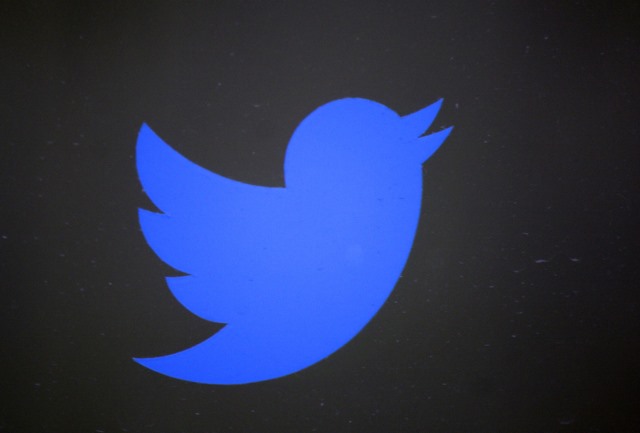
Twitter launches new Public Policy and Transparency page
It has been all change at Twitter recently. After increasing the number of accounts users are able to follow, and switching the Favorite star for a Like heart, Twitter today takes the wraps off a new Public Policy and Transparency page.
This is a central hub for information about Twitter's policies relating to freedom of speech, privacy, security, and corporate responsibility, as well as being a home for transparency-related information. It's also the place to go to find out how Twitter is handling government surveillance and online legal issues.

ISPs to be forced to store users' browsing history for a year
The UK government today published a draft version of the Investigatory Powers Bill setting out a framework for new surveillance powers. Among the proposed measures is a requirement for ISPs to keep a record of every website their customers visit for 12 months.
Fears that encryption would be banned were not realized, but privacy campaigners will be disappointed that internet connection records will be accessible by police and security services without the need for a warrant. The NSA-style data collection is indiscriminate. Data will be stored about everyone's internet usage, not just those suspected of crime, terrorism and the like.

89 percent of Americans fail to recognize the threat posed by stolen health records
Most people worry about the risk of their financial information being stolen, but a new survey from data security platform supplier Vormetric reveals that many are unaware of their vulnerability to medical data theft.
Of over 1,000 US adults polled by Wakefield Research on behalf of Vormetric, only 11 percent included medical records in their top three selections for personal data they would be most concerned to have lost in a data breach.
Snapchat denies it stores users' messages and pictures
As often happens, the internet went nuts over the weekend. The cause? A change to Snapchat's privacy policy. Rumors spread like a disease that the blink-and-you'll-miss-it messaging service was not only storing users' posts, but also taking ownership of them.
Snapchat has responded to the public outcry, explaining that this is simply not the case. But having spread around the world via mainstream media, the rumor may be hard to quash -- perhaps the app's Ghostface Chillah mascot spooked people over Halloween.
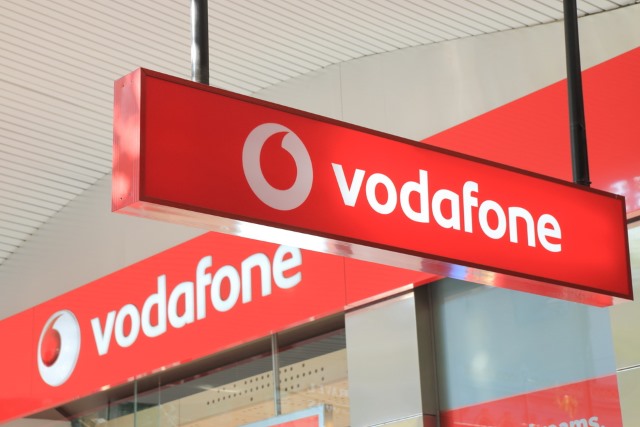
Vodafone customer accounts hit by hackers
UK customers of Vodafone are the latest victims of a hack attack. The telecoms company said that nearly 2,000 customer accounts had been accessed this week, exposing personal data including phone numbers and bank account details.
The security breach took place earlier this week, but it was only this weekend that Vodafone went public about it. A spokesperson said that the attack "was driven by criminals using email addresses and passwords acquired from an unknown source external to Vodafone". There is warning that the owners of the affected accounts could be subject to phishing attacks.

Government forced to U-turn on internet spying and encryption ban plans
The UK government has performed an about-face on plans for controversial internet surveillance plans. The "snooper's charter" may have been kept at bay so far, but plans were afoot to force ISPs to retain the browsing histories of their customers. Prime Minister David Cameron had also strongly hinted at a desire to ban the use of strong encryption.
Today Home Secretary Theresa May told the BBC that security agencies such as GCHQ would not be granted the power to check web browsing histories. She also said that an encryption ban would not be implemented. Dismissed by some as little more than 'spin', the U-turn will be widely seen as the government's response to suggestions that any extension to online surveillance powers would be blocked in the House of Lords. While this is something of a climb-down for the government, it is not the end of the battle for privacy groups.

Tor Messenger Beta brings ultra-secure messaging to the masses
When talk turns to privacy and online anonymity, it isn’t long before Tor enters the discussion. The Tor browser has become famous for its use of .onion domains, making it easier for people to browse the web without fear of being snooped upon.
Now there is a new tool for the security-minded to play with. Tor Messenger Beta is -- as you would expect -- a chat tool that routes traffic through Tor. One thing it has in its favor right from the start is that this is not a weird proprietory app -- it can be used in conjunction with existing networks such as Jabber (XMPP), IRC, Google Talk, Facebook Chat, Twitter, Yahoo, and more.
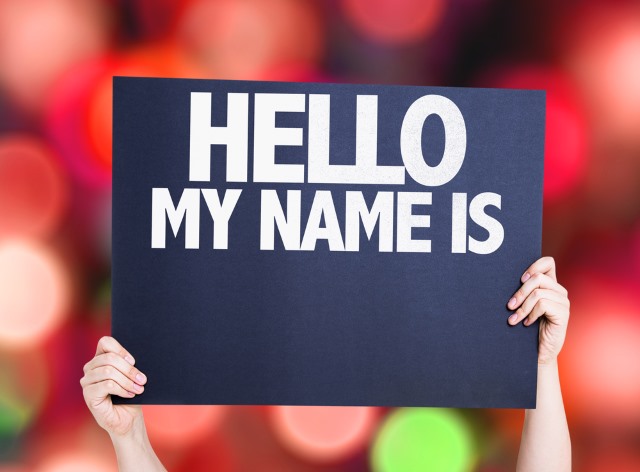
Following criticism, Facebook introduces changes to 'real names' policy
Unlike many other social networks, Facebook has long required its users to display their real names. Over the last couple of years there have been many vocal complaints from various types of user who feel victimized by this: drag queens, transgender and LGBT communities, and Native American users, for instance.
As well as users directly affected by the policy, privacy groups such as the Electronic Frontier Foundation have campaigned for Facebook to have a rethink. And it seems that the social network has listened. Facebook's Alex Schultz has written an open letter which, while not announcing the end of the real names policy, introduces a couple of key changes that will please many people.
